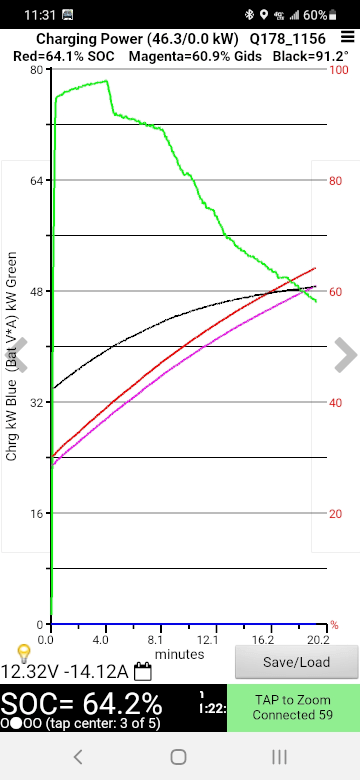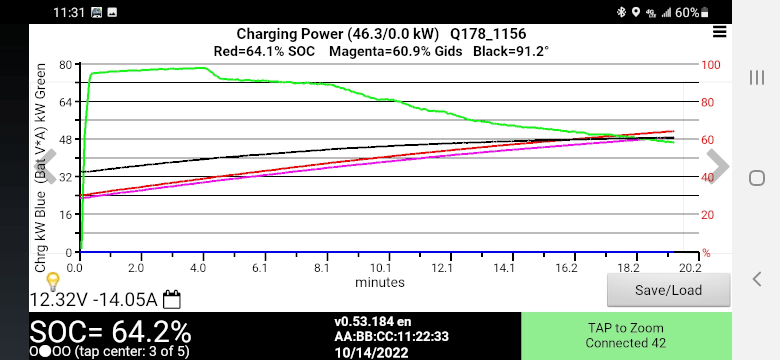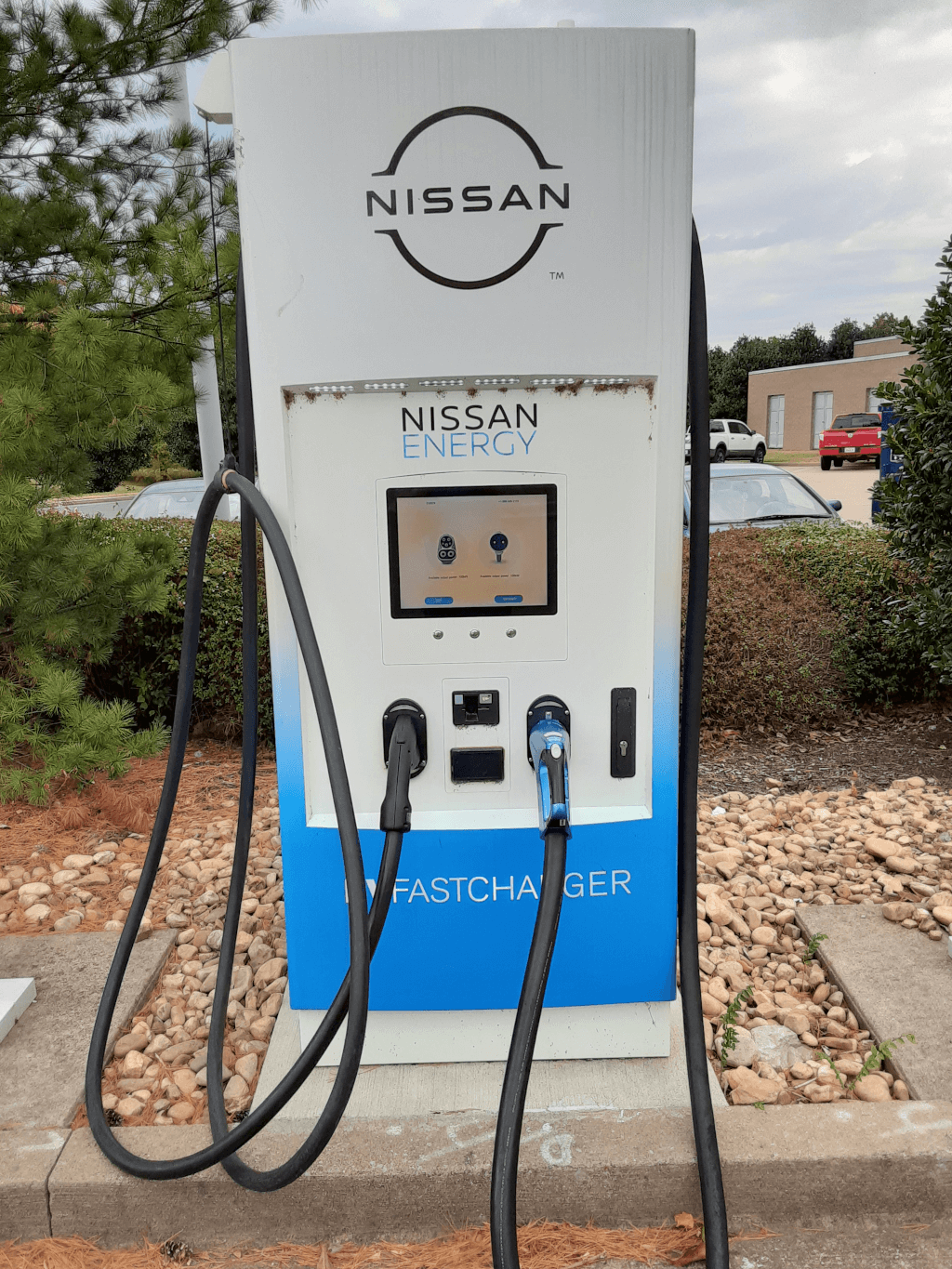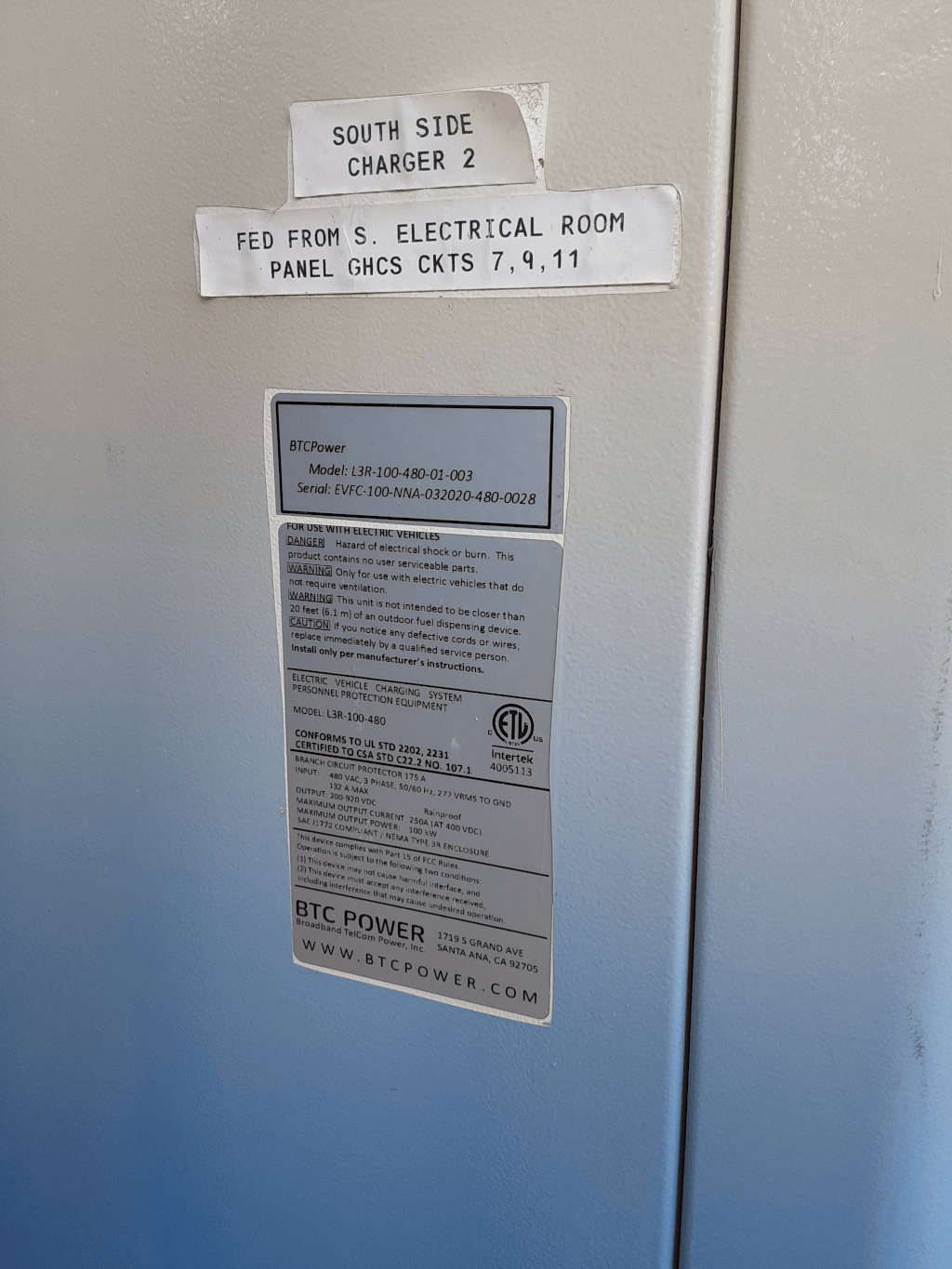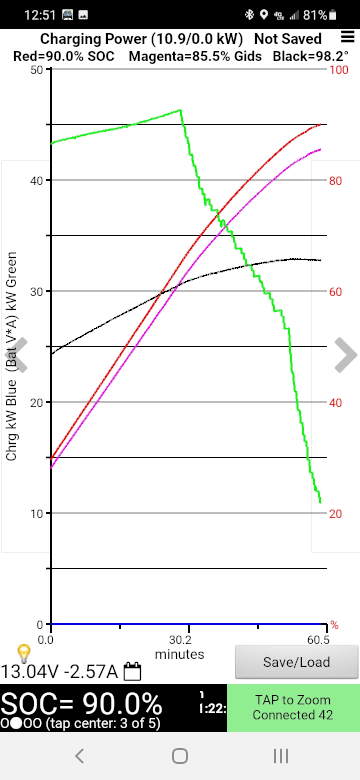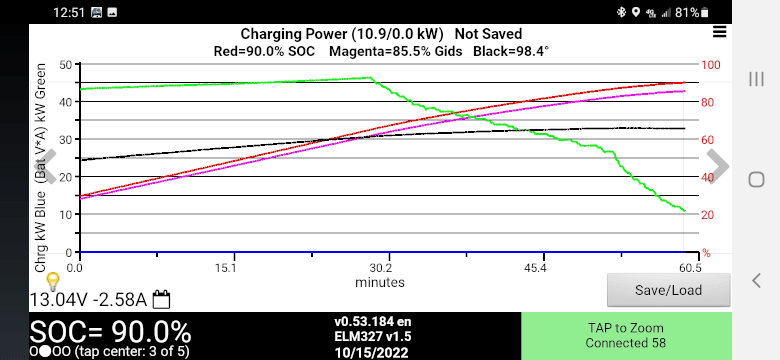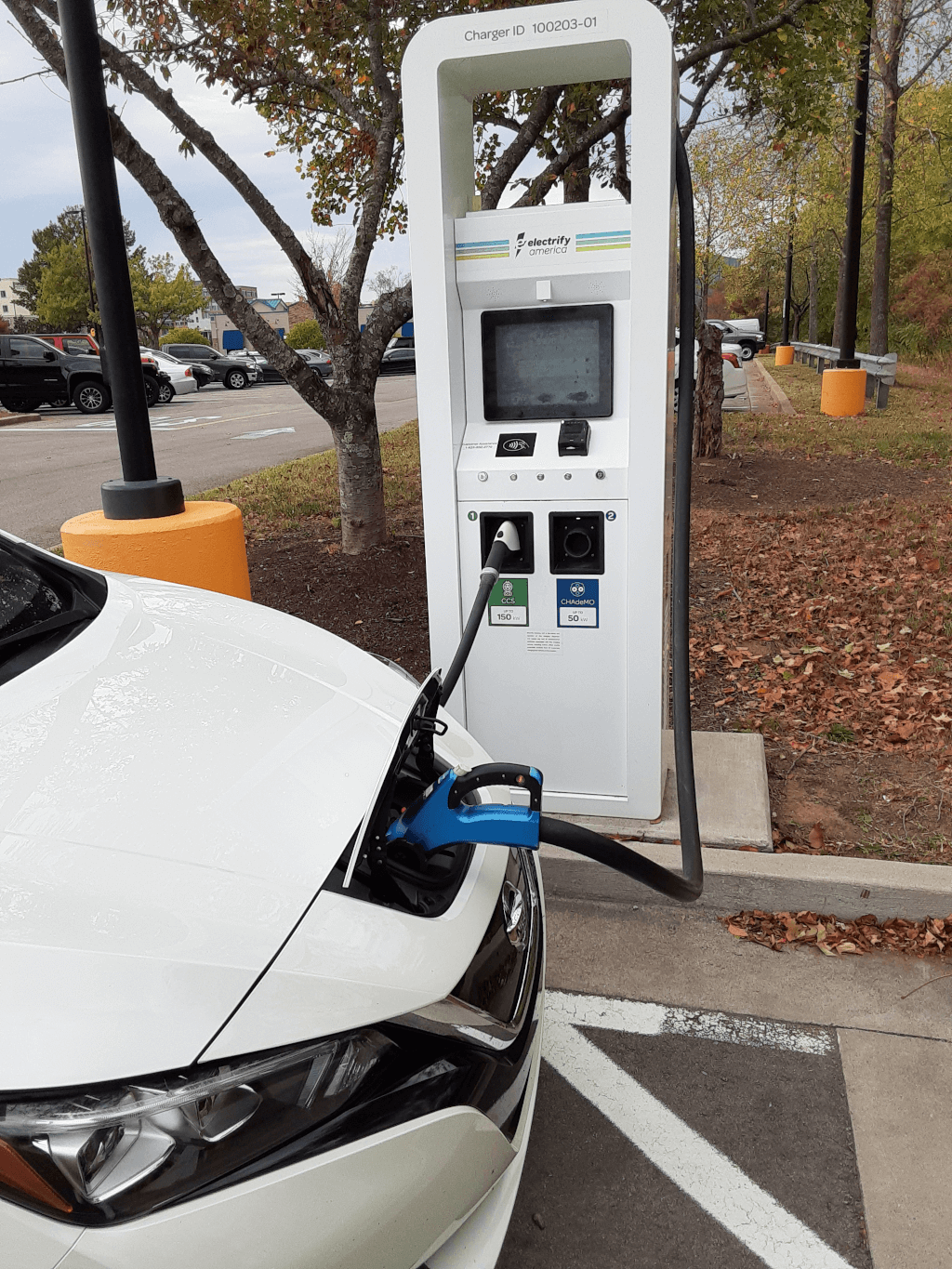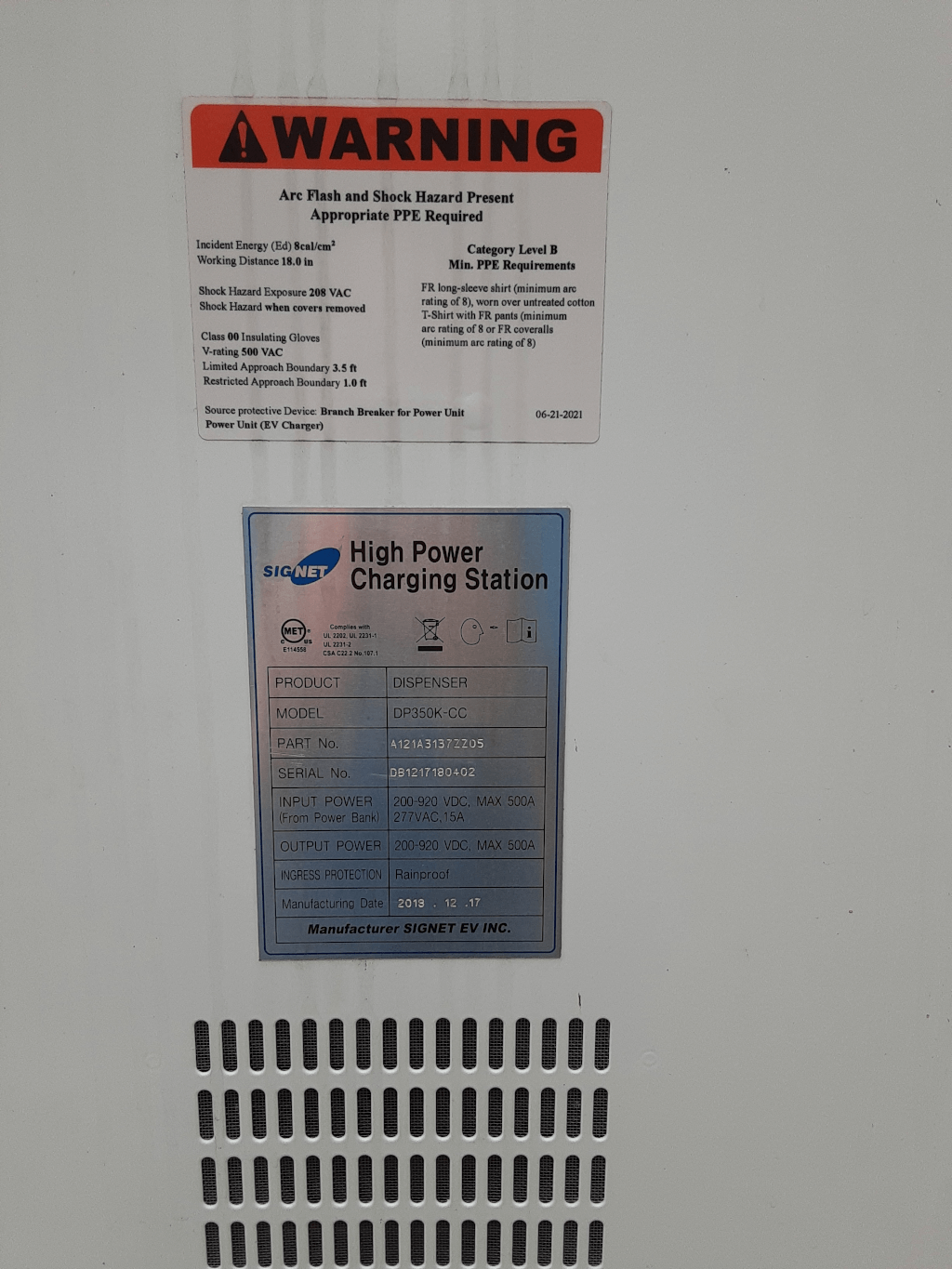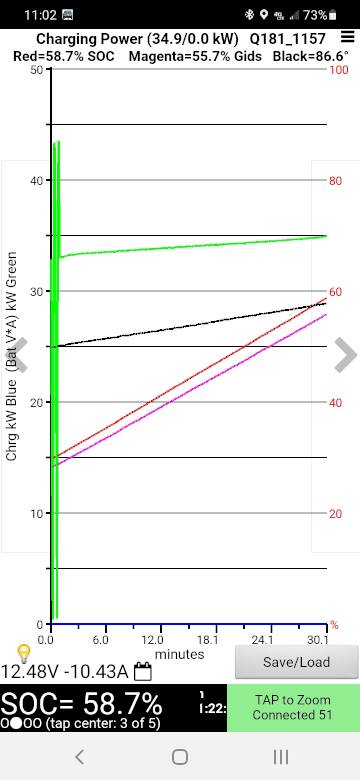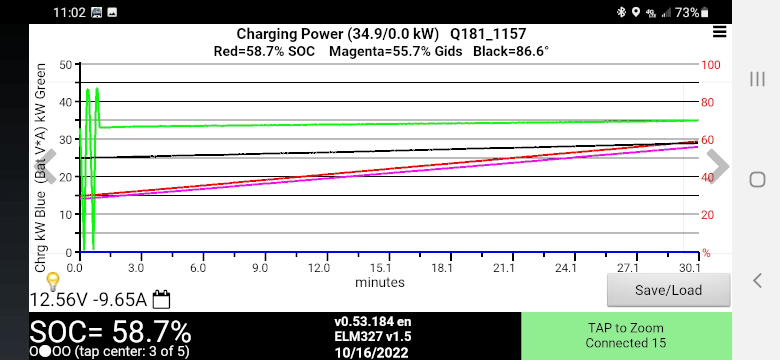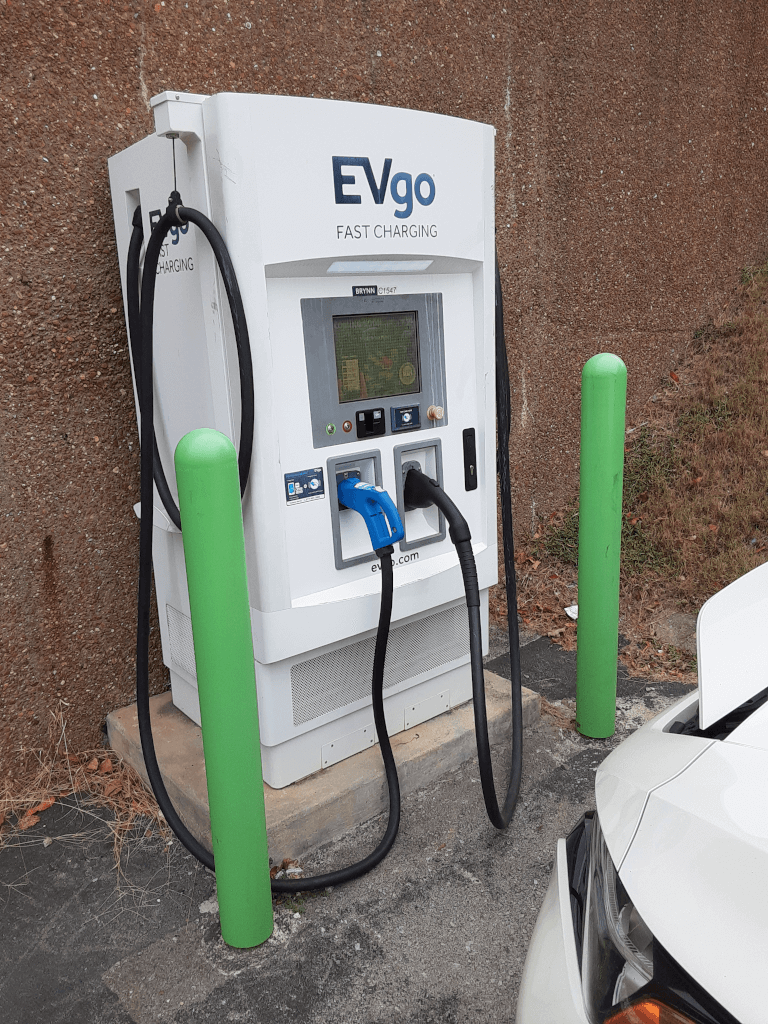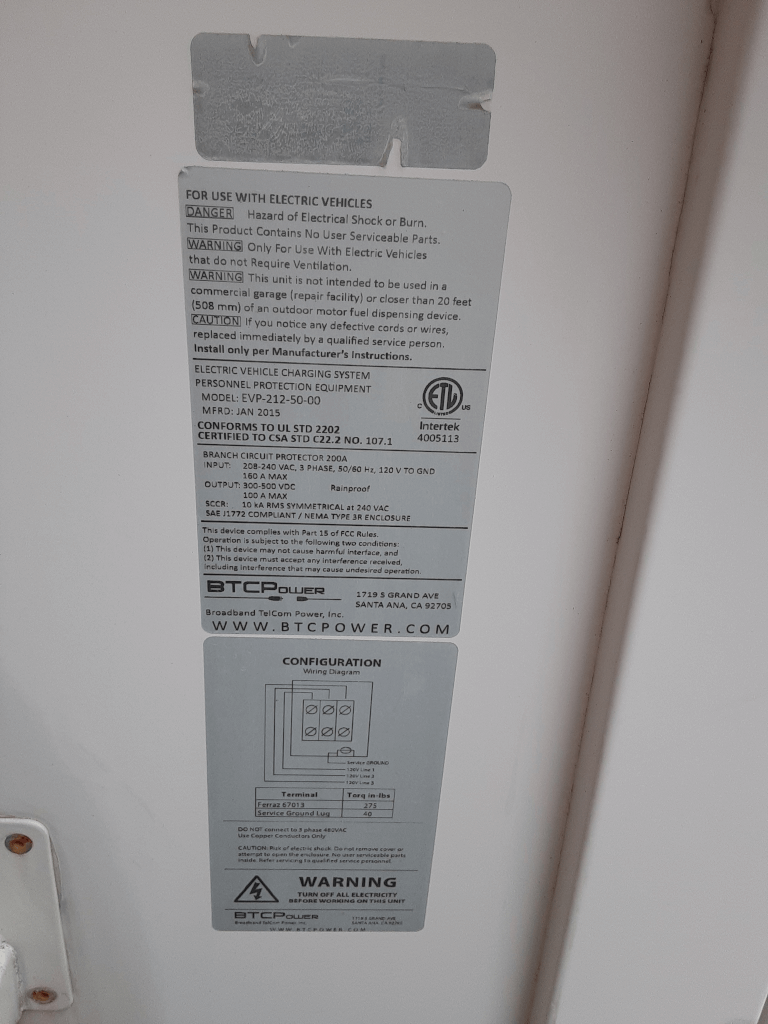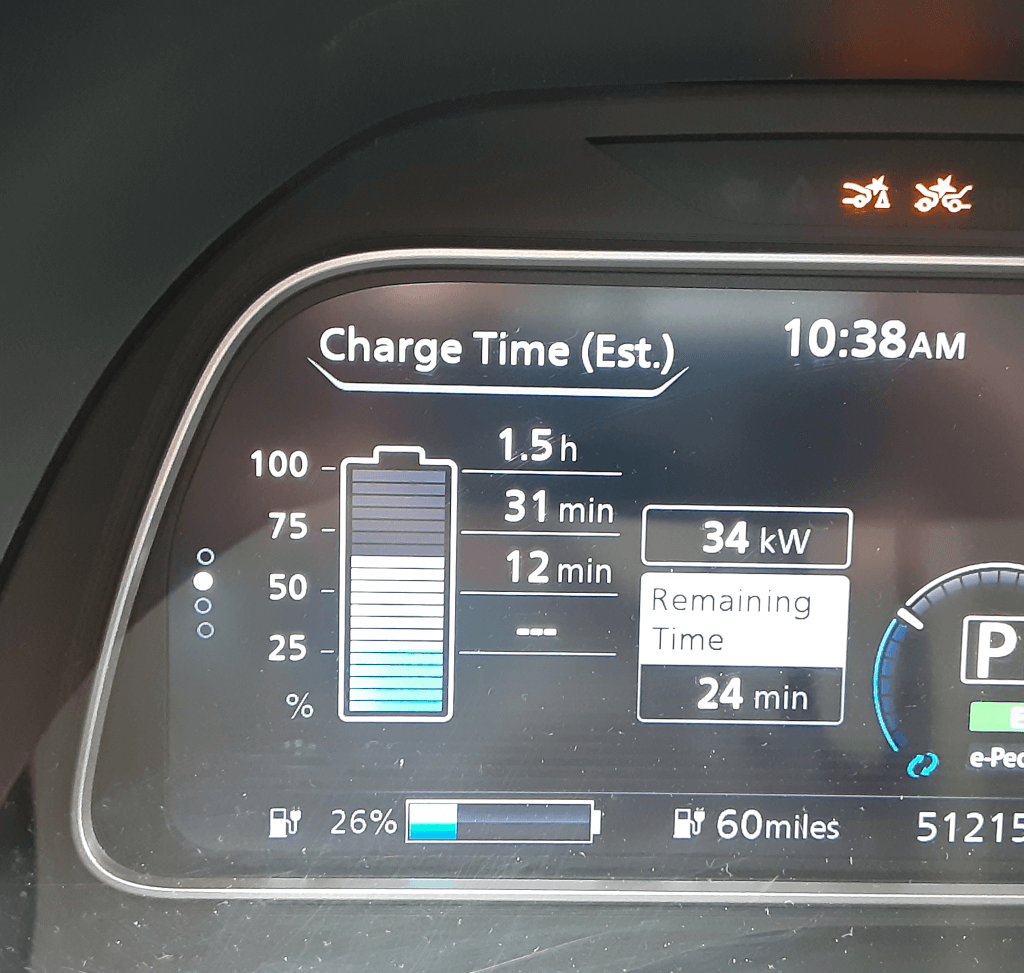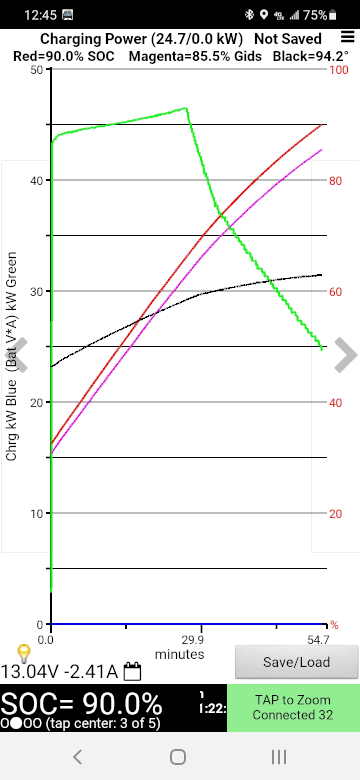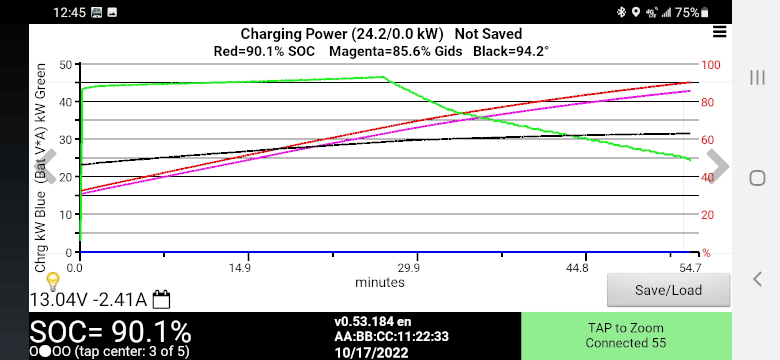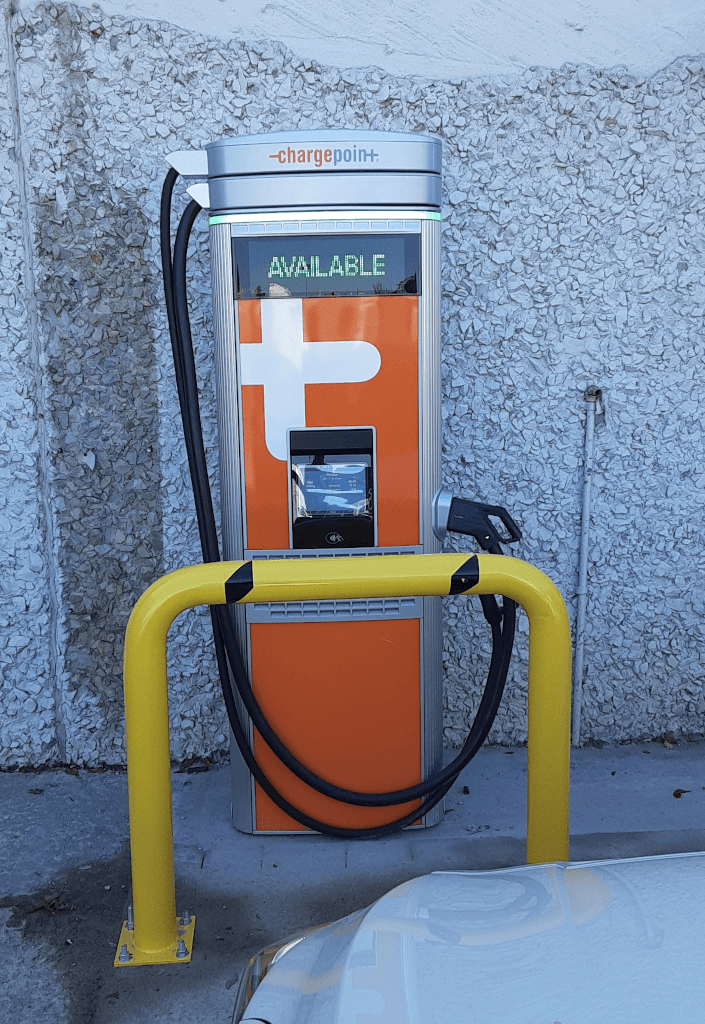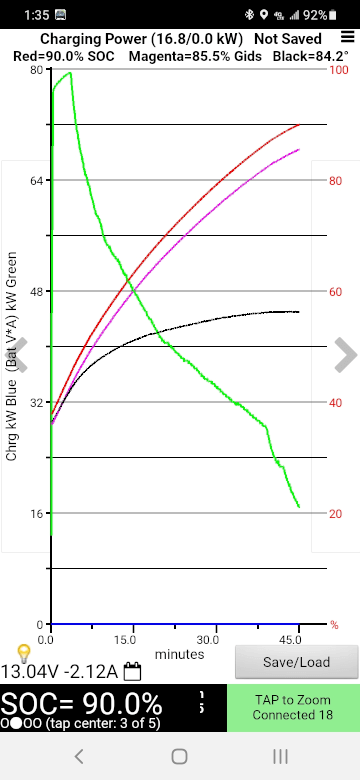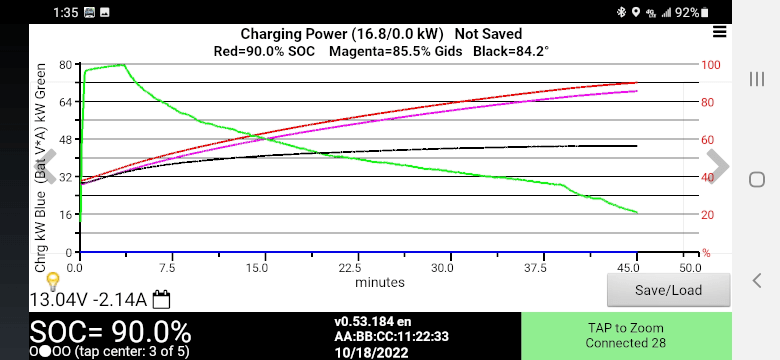knightmb
Well-known member
We often read reports and watch videos about various types of range test for the Nissan Leaf. While all of them are very informative, there does seem to be one area lacking in research. The QC station or network itself. While we assume that all QC are equal, from what I've seen, many are not. Often, they can even be a bottleneck to charging when a station claims to provide 50 kW of power (or 100 kW for others) and it seems as though they struggle to even output that much power. It then shifts the blame onto the EV itself asking "why isn't it charging faster". For those familiar with the Nissan Leaf, charging power can vary because of pack temperature, battery age, etc. I've read and watched many reviews about "range testing" the Leaf (and Ariya) where it is often blamed on the EV for slow charging times. While we can often blame the EV for being slow to charge, this only works in identical circumstances. I want to bring in more info to this subject by using my unique circumstance to test all the charging networks against each other. While I can post all about my anecdotal experiences with all the charge networks, I think having some read data to back it up with go further to helping us all understand the quirks of quick charging the Leaf (and other EV by extension)
As I gather more data, I'm going to post it up here in this topic. Such as battery temperature, state of charge, outside temperature, charging network used, LeafSpy graphs, etc. This way, we can all come up with our own conclusions about what variable effect the QC network has on long range testing of EV charging times.
As I gather more data, I'm going to post it up here in this topic. Such as battery temperature, state of charge, outside temperature, charging network used, LeafSpy graphs, etc. This way, we can all come up with our own conclusions about what variable effect the QC network has on long range testing of EV charging times.

